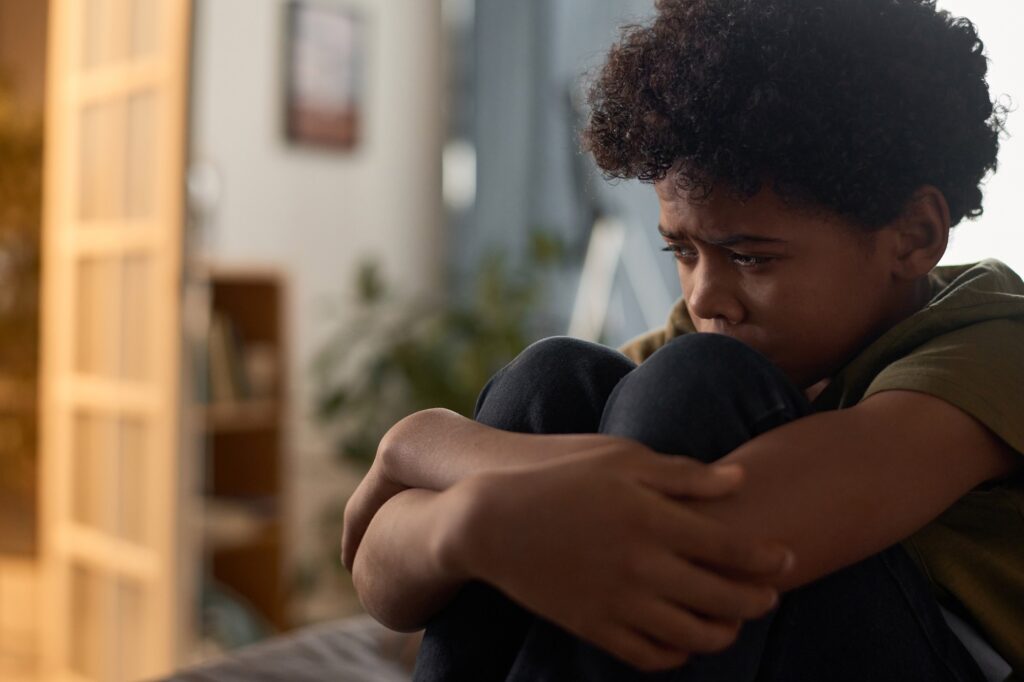Key Takeaways:
- The EU Migration Pact introduces measures risking the normalization of child detention, despite international law deeming it unacceptable.
- The “legal fiction of non-entry” undermines basic human rights and sets a dangerous precedent for migration governance.
- Child detention inflicts severe, long-lasting harm, contradicting the EU’s stated commitment to human rights.
- The EU must revise the Pact to ban child detention entirely and implement humane, rights-respecting alternatives.
In 2024, the European Union adopted the new Migration Pact, a sweeping reform of its migration and asylum policies slated to take effect in 2026. While it promises streamlined processes and tighter border controls, the Pact has sparked alarm among human rights advocates. The potential for increased child detention stands out as one of its most troubling aspects, posing a direct threat to vulnerable minors and violating international law.
The Pact introduces mandatory screening and expedited asylum procedures at EU borders. These measures aim to prevent unauthorized entry and ensure efficiency in managing migration flows. Yet, they create conditions where children could face detention for extended periods—a deeply concerning development.
The Hidden Risks: Legal Fiction and Child Detention
At the heart of these concerns lies the “legal fiction of non-entry.” This mechanism treats migrants physically present in the EU as though they have not entered, enabling states to bypass legal protections. While framed as a technicality, this construct severely curtails the rights of migrants, particularly children, who are left in legal limbo.
The Pact allows detention for minors in “exceptional circumstances,” but vague criteria, such as posing a “national security threat,” open the door to misuse. Research consistently shows that any form of detention causes severe psychological and developmental harm to children, yet the Pact stops short of banning the practice outright.
Contradicting International Standards
The UN Convention on the Rights of the Child and other international frameworks emphasize that children should never be detained for immigration purposes. Detention, even for short periods, has devastating effects on mental health, development, and well-being. It is neither a humane nor a necessary solution.
Despite this, the EU Pact permits child detention under certain conditions, undermining its own stated commitment to human rights. Alternative solutions, such as community-based care, family reunification, and expedited asylum processing, remain underutilized.
My Opinion: A Misguided Priority
From my perspective, the EU Migration Pact reflects a flawed approach to migration management. Its focus on efficiency and control sacrifices core values of humanity and justice. By legitimizing child detention and employing the “legal fiction of non-entry,” the Pact risks eroding the EU’s reputation as a global defender of human rights.
Children are not collateral in policy enforcement. Treating them as such contradicts the principles of dignity and care that the EU claims to uphold. It is imperative that children, regardless of their migration status, are protected and provided with humane, rights-based solutions.
Conclusion: The EU’s Moral Test
The EU must act decisively to revise the Migration Pact and ban child detention entirely. This includes adopting alternatives that respect children’s rights, such as community-based care and expedited family reunification. Beyond these immediate measures, the EU must reconsider the “legal fiction of non-entry,” which undermines migrants’ basic rights and creates a dangerous precedent.
Failing to address these issues risks not only harming vulnerable children but also diminishing the EU’s moral authority on the global stage. This is more than a policy decision; it is a test of values and a call to reaffirm the EU’s founding principles of human dignity and justice.










